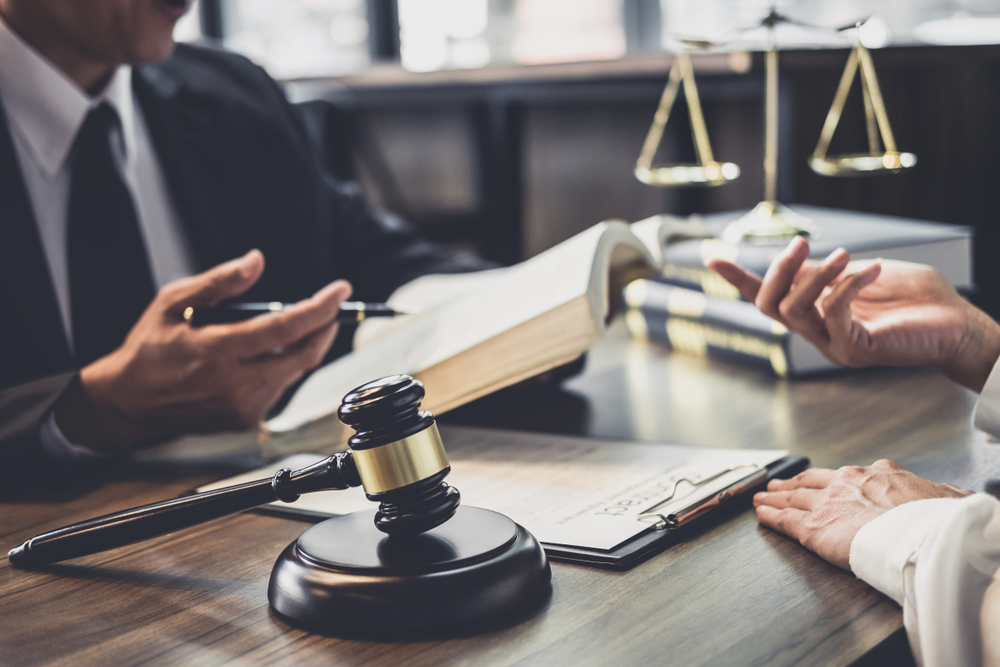As we tread the delicate labyrinthine of legal landscapes, we invariably stumble upon thought-provoking questions. What exactly are the ethical responsibilities of a criminal lawyer? Where are the lines drawn between lawful defense and moral quandary? How does a lawyer reconcile their duties to their client and the court with their personal convictions? In this detailed review, we'll explore these fascinating and often contentious nuances of a criminal lawyer's role, laying bare the complexities nestled within legal advocacy and ethical obligation.
Navigating through the land of jurisprudence, we encounter scenarios that stimulate more curiosity than resolve. Can a lawyer represent someone they believe to be guilty? Or, more compellingly, should they? How can they maintain their integrity while upholding their professional role? Herein lies the crux of this discussion — the interplay of laws, ethics, and the mélange called justice.
In this blog post, we aim to unravel these questions, traversing the breadth and depth of the subject matter. This exploration goes beyond merely delineating the responsibilities of a criminal lawyer, delving into the labyrinth of ethical dilemmas and the implications they cast upon legal practice and social justice.

The Dual Responsibility of a Criminal Lawyer
In disentangling the responsibilities of a criminal lawyer, one must comprehend the dual nature of their role. The lawyer is obligated to both their client and the court, serving integrity and justice. Their ethical responsibility entails guaranteeing that their client gets a fair trial while ensuring that the truth prevails.
Ethical Lines in Representation
Representing a client believed to be guilty presents a scenario fraught with ethical ambiguities. A lawyer is duty-bound to offer unwavering representation. However, this duty must be balanced against a commitment to truth and justice.
The Necessity of Confidentiality
Confidentiality is a core tenet of lawyer-client relationships. It encourages candour, underpinning a defense strategy's efficacy. Yet, it also poses ethical quandaries when the information disclosed points towards guilt.
Maintaining Professional Integrity
A lawyer's integrity must remain untarnished amidst these ethical quandaries. Upholding professional responsibility, they must steer clear of legal missteps, such as suborning perjury, that might compromise their moral standing.

The Balancing Act of Client Interests and Legal Obligations
A recurrent theme in legal practice is the balancing act of client interests and legal obligations. While the lawyer must champion their client's cause, they should also avoid undermining justice or breaking the law themselves.
The Impact of Personal Beliefs
Personal beliefs can, consciously or unconsciously, skew a lawyer's approach and decisions, with potential implications for their professional role. This sub-topic probes the potential fallout of such influence and the pragmatism needed in navigating it.
Conclusion
Scrutinizing the realm of criminal law underscores that a lawyer's role is a tightrope walk, seeking equilibrium between professional responsibility and personal ethics. The practice requires not just a mastery of law, but also an acute understanding of human nature and societal constructs. Through this journey, we've strived to dissect these complexities and contradictions, infusing clarity into the compelling, yet often obfuscated, debate on the ethical responsibilities of a criminal lawyer. And in doing so, we hope to have illuminated the path for a more enlightened, ethical legal practice.

.png)


No comments:
Post a Comment